Ministry
Ministry Profile
Archange Antoine is a prophetic Christian minister and spiritual leader born of the Black radical tradition, African ancestral wisdom, and the liberating Gospel of Jesus Christ. His ministry affirms the sacredness of all life and embraces a salvation that heals individuals and challenges systems of injustice. He speaks with boldness against empire, white supremacy, and theologies of oppression, offering a faith rooted in justice, inclusion, and collective liberation.
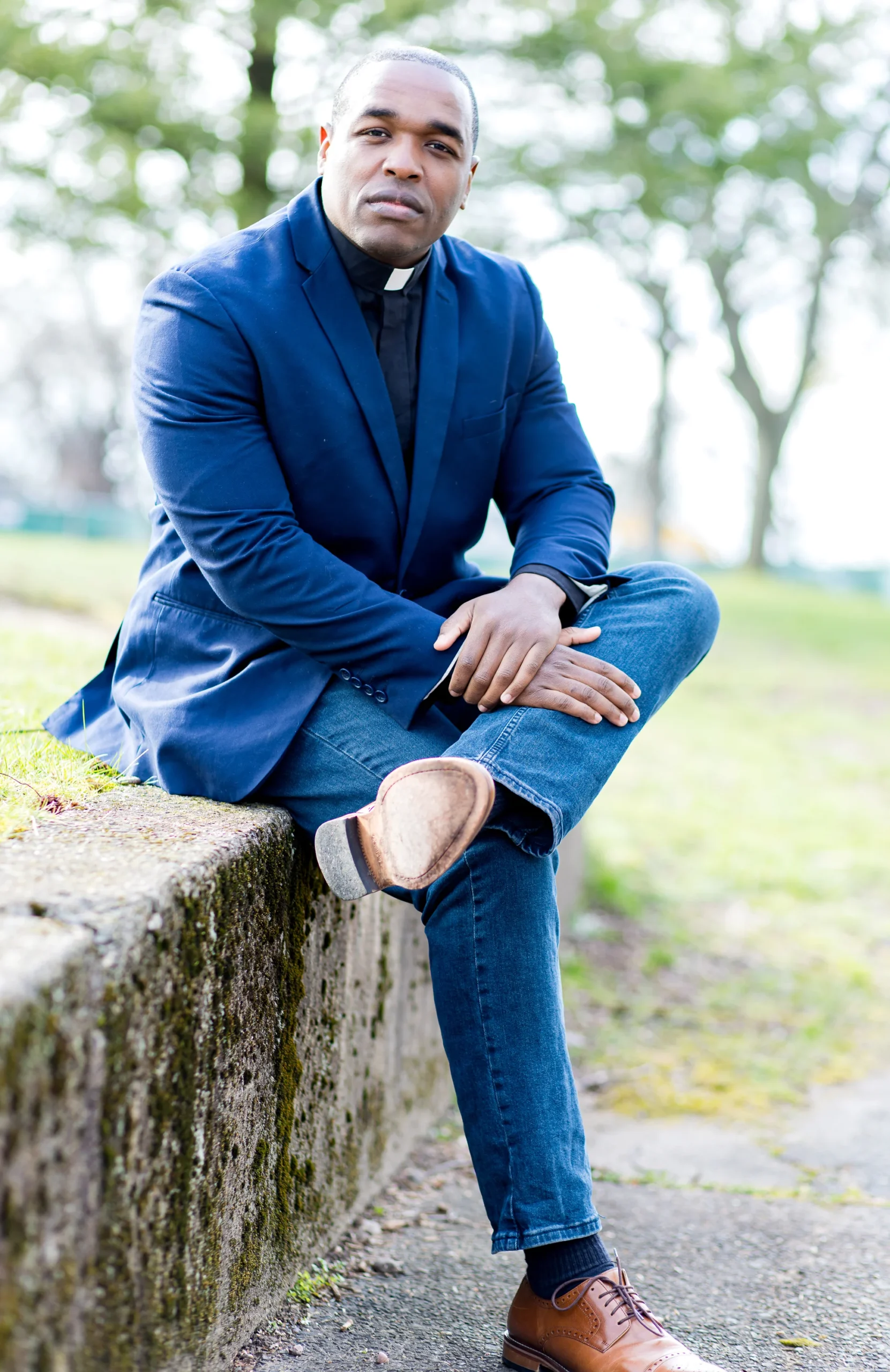

The Divine and the Spirit
Long before he ever entered a church, opened a Bible, or understood the word Christianity, Archange Antoine was already in deep relationship with the Divine. As a child, he did not have the language for it. He simply knew there was a sacred presence guiding him, protecting him, and moving through him. It was not theology. It was not doctrine. It was Spirit. And it was real.
That Spirit warned him of danger before it arrived. It steered him away from paths that would have led to harm. It gave him the courage to speak when others were silent and the boldness to intervene when someone was being mistreated. It placed compassion in his heart for strangers and taught him how to listen, truly listen, when others needed to be seen, heard, or reminded that they mattered. It stirred words in his spirit that he had not learned, yet spoke with wisdom beyond his years, words others later said were exactly what they needed to hear.
From his earliest memories, the Divine was never distant or confined to a sanctuary. The Spirit lived within his body, walked beside him in silence, and moved in the stillness when no one else was watching. This sacred presence did not wait for him to become religious. It met him where he was: a curious, intuitive child with questions, sensitivity, and a heart full of wonder.
That early communion shaped the man he would become, a spiritual leader rooted not only in tradition but in an unshakable connection to the living God who had always been with him.
A Shepherd for the People, Not the Institution
Archange grew up with the Black church in America and has spent more of his time in the Pentecostal, Baptist, and non-denominational traditions. A mixture of these traditions taught him the legacy of the powerful voices that used advocacy, organizing, and their prophetic voice to speak out against injustice and centered the gospel of Jesus to help others and work for a better world. The Black church has its challenges, like many institutions, but it is still home to the majority of religious Black people who attend church services every week.
His vision is to challenge the church to become more inclusive, less respectable, and to continue in the legacy of the ancestors who fought hard against the white supremacist formation of the church and created an institution where all Black people could find a safe space—a place to organize, strategize, defend their families and community, and worship the Spirit of God in peace. A place where worship is rooted in the spirit of African tradition, Christian history, and an inclusive lens. This is his commitment to leaning into a nontraditional approach to faith and community.
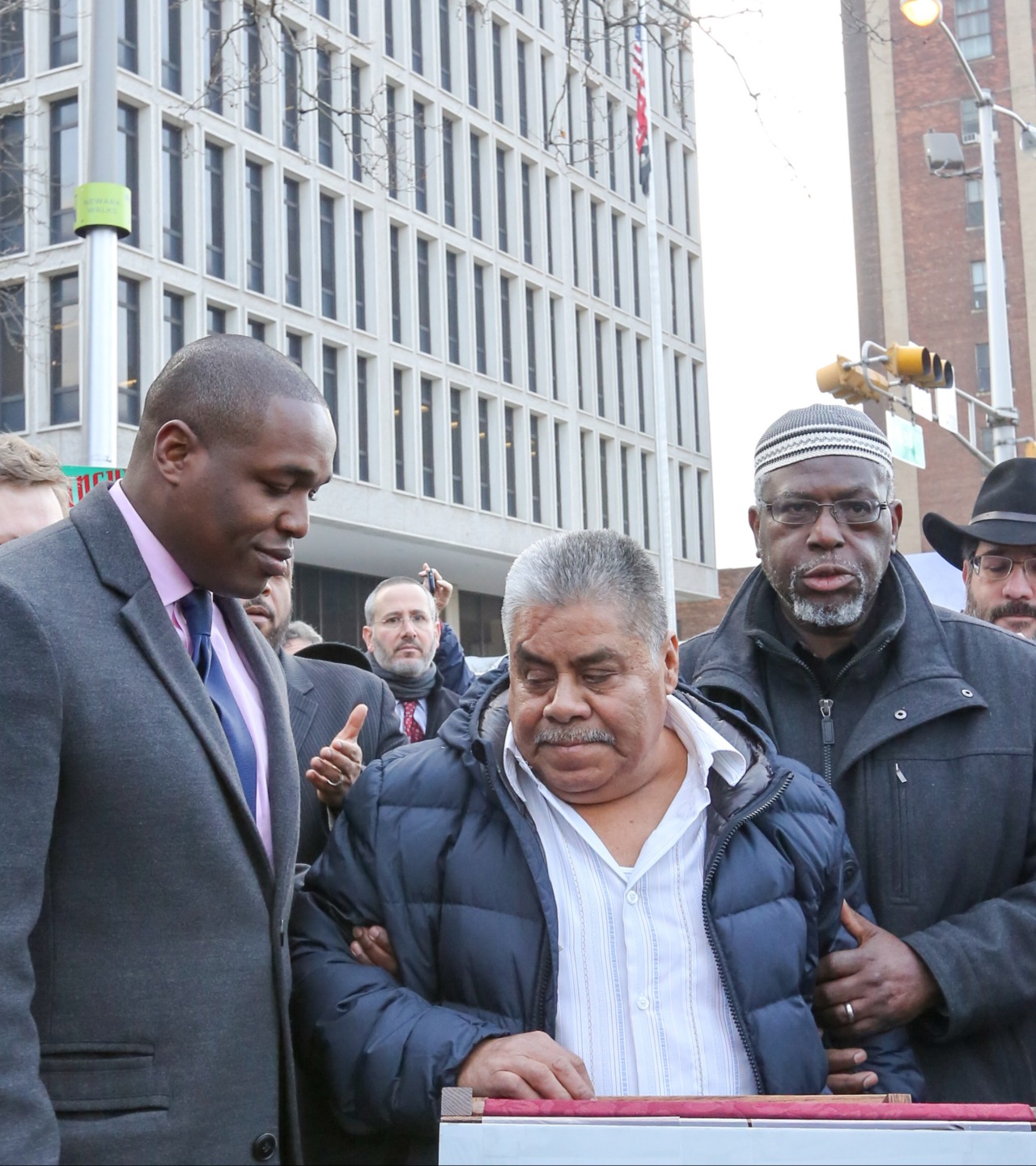
Archange graduated valedictorian of his local Pentecostal Bible college class, served as President of the Princeton Theological Seminary Student Government Association, and is both an ordained elder in the Pentecostal church and a licensed minister in the Baptist tradition. His scholarship sits at the intersection of history, theology, justice, and liberation—rooted in the lived experiences of Black communities, shaped by the faith of the oppressed, and driven by a deep commitment to truth and transformation.
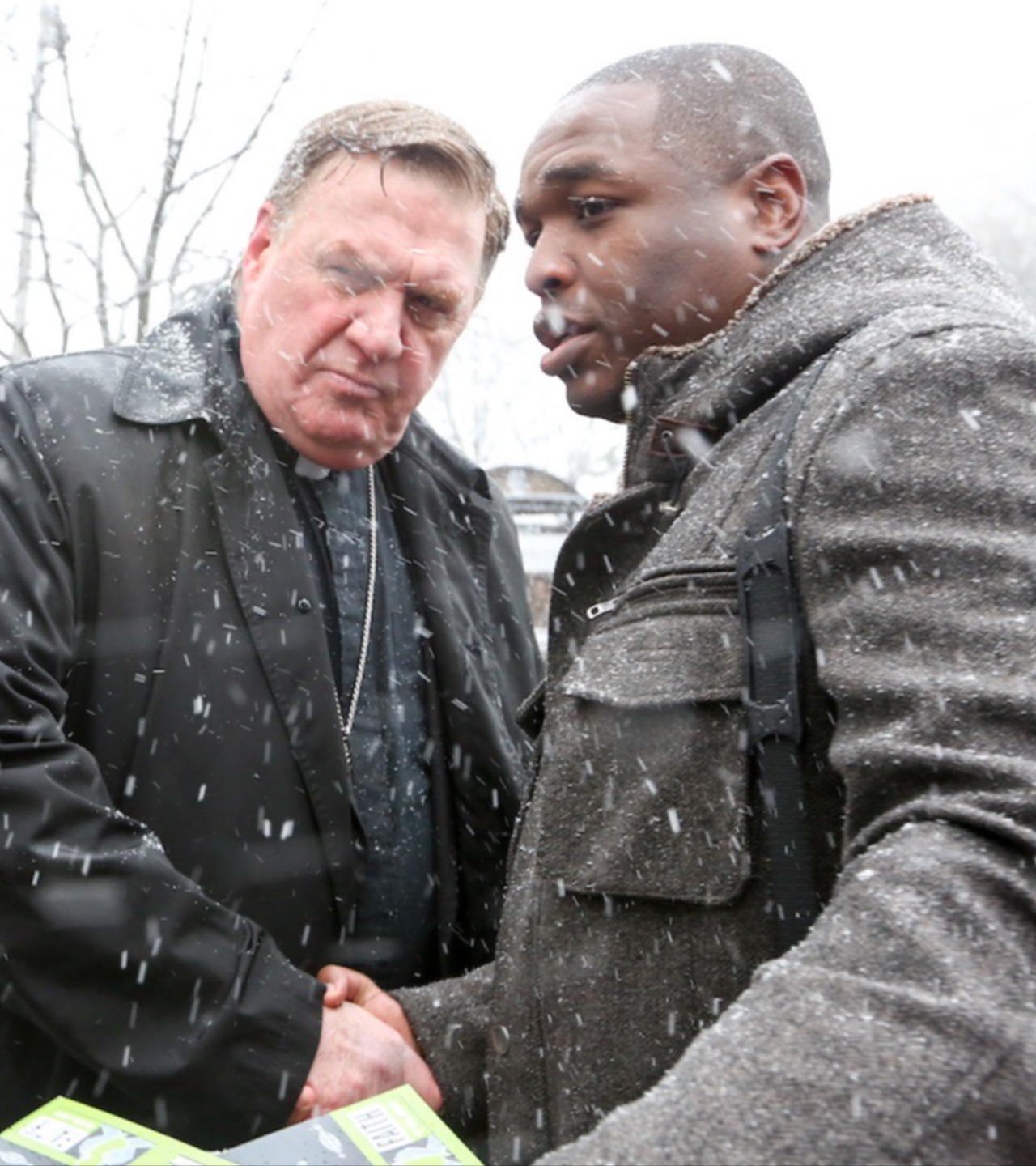
Living Out the Gospel: A Vision for Earthly Liberation
The most important aspect of Archange’s Christian experience is falling in love with the clear mandate to live the Gospel of Jesus Christ. It is a mandate that calls all true Christians to stand with the poor, the oppressed, the marginalized, the incarcerated, the homeless, the refugees, the disabled, and those who have been forgotten or left behind by society. Jesus specifically spoke of these groups in Luke 4:18–19, where he declared that he came to bring good news to the poor, proclaim freedom for prisoners, recovery of sight for the blind, and to set the oppressed free. This mandate to care for the least of these is the foundation of Archange’s Christian walk, and it is the reason he proudly professes his faith in Christ.
The second most important aspect of being a Christian, for Archange, is embracing the message of Jesus that calls believers to pray for God’s Kingdom on earth. It is a reminder that we must reject the slaveholder’s religion that tells us to focus only on heaven and instead realize that we are called to care deeply about what happens here on earth. The Kingdom of God is a place where justice, freedom, and liberation are not only encouraged but fought for when they are denied.
Archange believes that we must not only hold public officials and powerful institutions accountable, but also, like Jesus the Christ, challenge and call out clergy leaders because they carry significant authority, power, and privilege. Too often, these leaders misuse their positions and cause harm to God’s people. Archange believes that faith leaders who exploit or oppress others through their titles should not be protected or excused—especially when they align themselves with state power that upholds injustice.
Non-Traditional and Unorthodox: The Practice of African Ancestors
Archange loves to remind people that long before Christianity, Islam, or Judaism existed, the African continent was already flourishing with deep spiritual traditions and religious practices. Despite centuries of enslavement, colonization, and global white supremacy, these traditions have survived—and in many places, thrived—throughout the African diaspora.
African people have never been bound by religious orthodoxy. Their ancestors practiced Islam, Christianity, Vodou, and countless other Indigenous spiritual traditions. Many came from homes where these practices were interwoven, where the Bible sat beside the drum, and the Qur’an shared space with ancestral altars. This sacred blending is not something to be ashamed of. It is a testament to their resilience, their creativity, and their deep commitment to honoring the divine in all its forms. It is the root of their ability to affirm each other’s faith, build inclusive communities, and create spaces where their full humanity and spirituality are embraced.
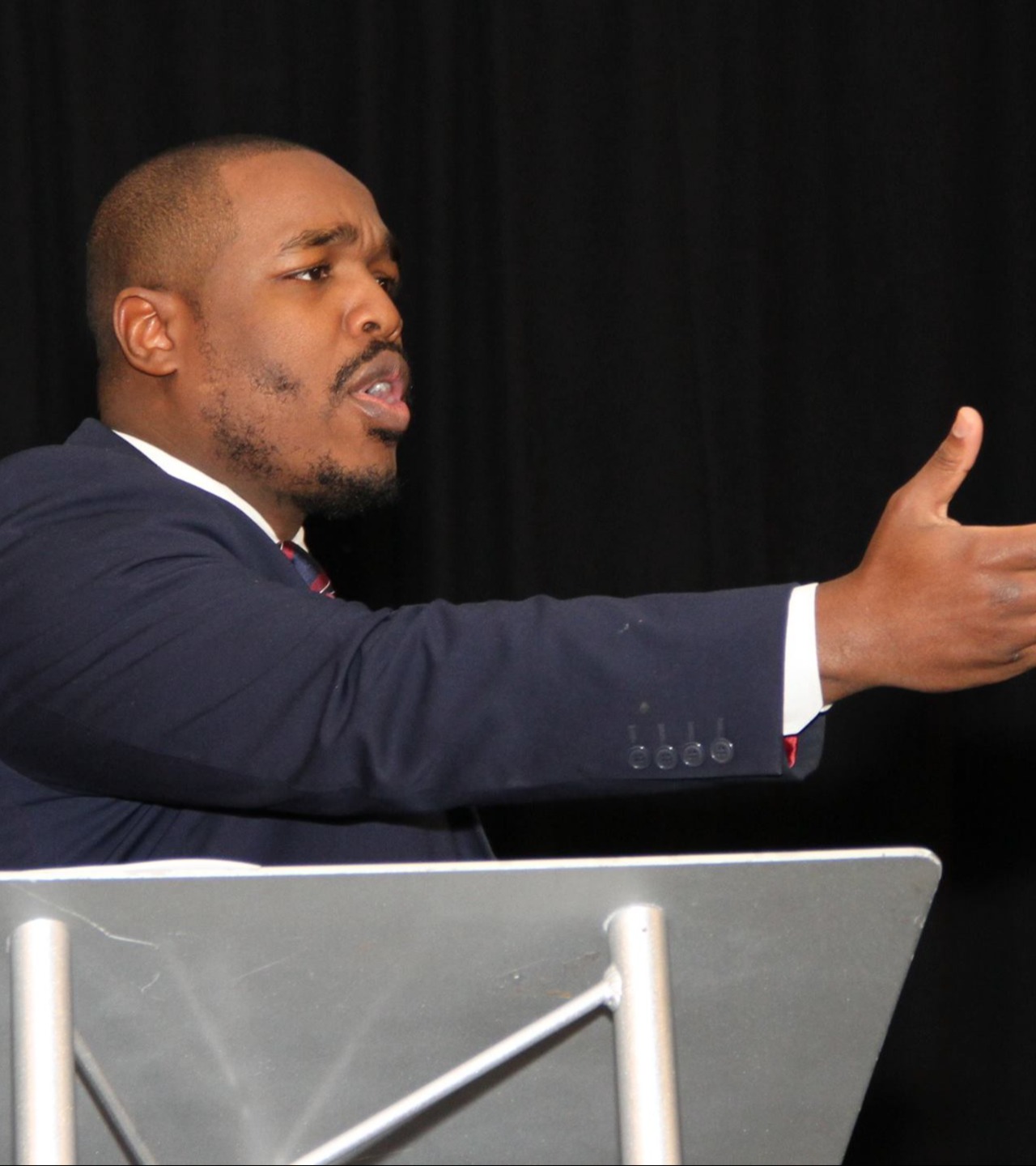
Archange works tirelessly to teach his fellow Christians, especially Black Christians, that it is both necessary and sacred to reject any religious teaching that demands they disown their African ancestors. He calls on people to remember the hush harbors and hidden worship spaces where enslaved Africans, whether Christian, Muslim, or rooted in African spirituality, prayed side by side. Too many churches, institutions, and individuals today still carry the weight of anti-Black and anti-African theologies. Archange challenges these legacies directly, urging a return to the radical spiritual inclusivity that their ancestors lived and practiced.
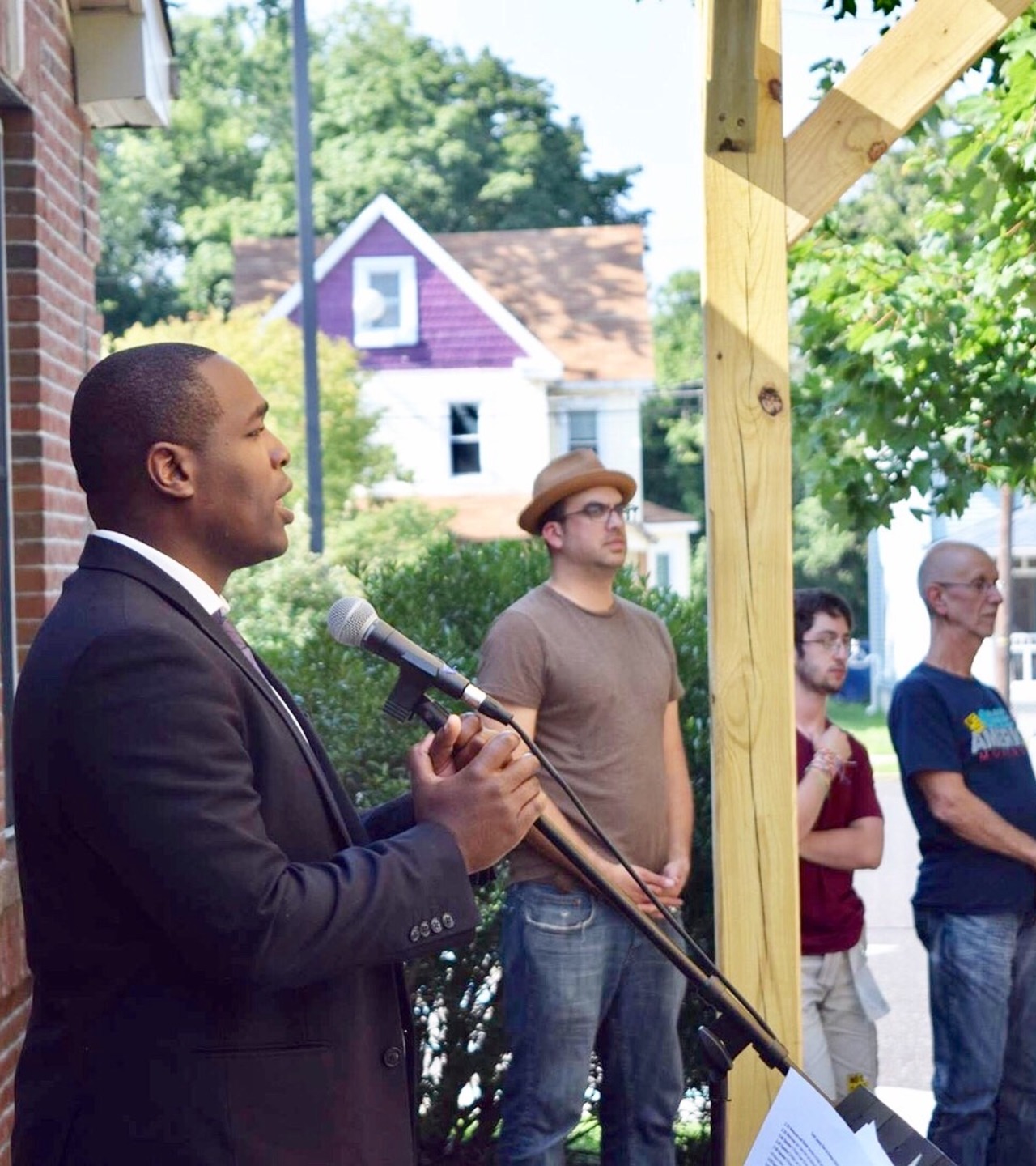
A Faith of Liberation for All
Jesus Christ demonstrated a deep and unwavering love for all people, not just in words but in action. He was unafraid to care for those labeled as heathens, sinners, or outcasts. Even when criticized for extending love to those deemed unworthy by religious authorities, Jesus stood firm, challenging the systems that dehumanized and excluded people based on arbitrary standards of purity, respectability, or belonging. His example offers a clear message: institutions should never dictate who deserves love, care, or community.
As a Black man in America, Archange knows what it feels like to live under the weight of anti-Blackness, a system designed to strip people of their dignity, rights, and freedom. He understands intimately the machinery of white supremacy and its enduring war against Black lives. Because of this, he believes with conviction that Black people, who know the sting of oppression, must never become agents of marginalization themselves. No matter how society demonizes, criminalizes, or distorts the image of others, our liberation is bound together.
Archange believes he has an obligation, a sacred duty, to humanize the marginalized and to practice a faith rooted in radical affirmation. He is committed to showing Christ’s love to those the world has cast aside: to atheists who are mischaracterized as immoral, to LGBTQ+ people who are dehumanized by doctrine, to immigrants who are hunted and caged, to the incarcerated who are treated as disposable, to the poor who are demonized as burdens, and to those brutalized by the state and branded as enemies. Jesus did not conform to the dominant culture—he disrupted it. And so did Archange’s African ancestors, who built spiritual traditions that affirmed life, dignity, and the sacred worth of every person.
A Living Faith: Honoring the Body, Soul, and Earth
Archange believes life is the most sacred gift God has given us—our health, our breath, our bodies, our ability to feel and move and exist in this world. He believes faith should be measured by how we show up for people in their everyday lives, how we protect their well being, fight for their survival, and make sure their basic needs are met. Too many chase after power, recognition, or spiritual performance but forget the most basic calling: to honor life. If your faith does not lead you to defend life, yours and others, then what is it really for?
He also believes deeply in the soul—the pain people carry, the trauma they have endured, the quiet battles they fight each day. Too often the soul is ignored, but Archange insists it must be seen, felt, and cared for. Even Jesus did not turn away from people’s suffering. He stepped into it, stood with people in their grief, and offered healing that touched both the body and the soul. A ministry that overlooks the soul is not a ministry at all. If we are not concerned with how people feel, what they have lost, and what they hope for, then we have missed the heart of the Gospel.
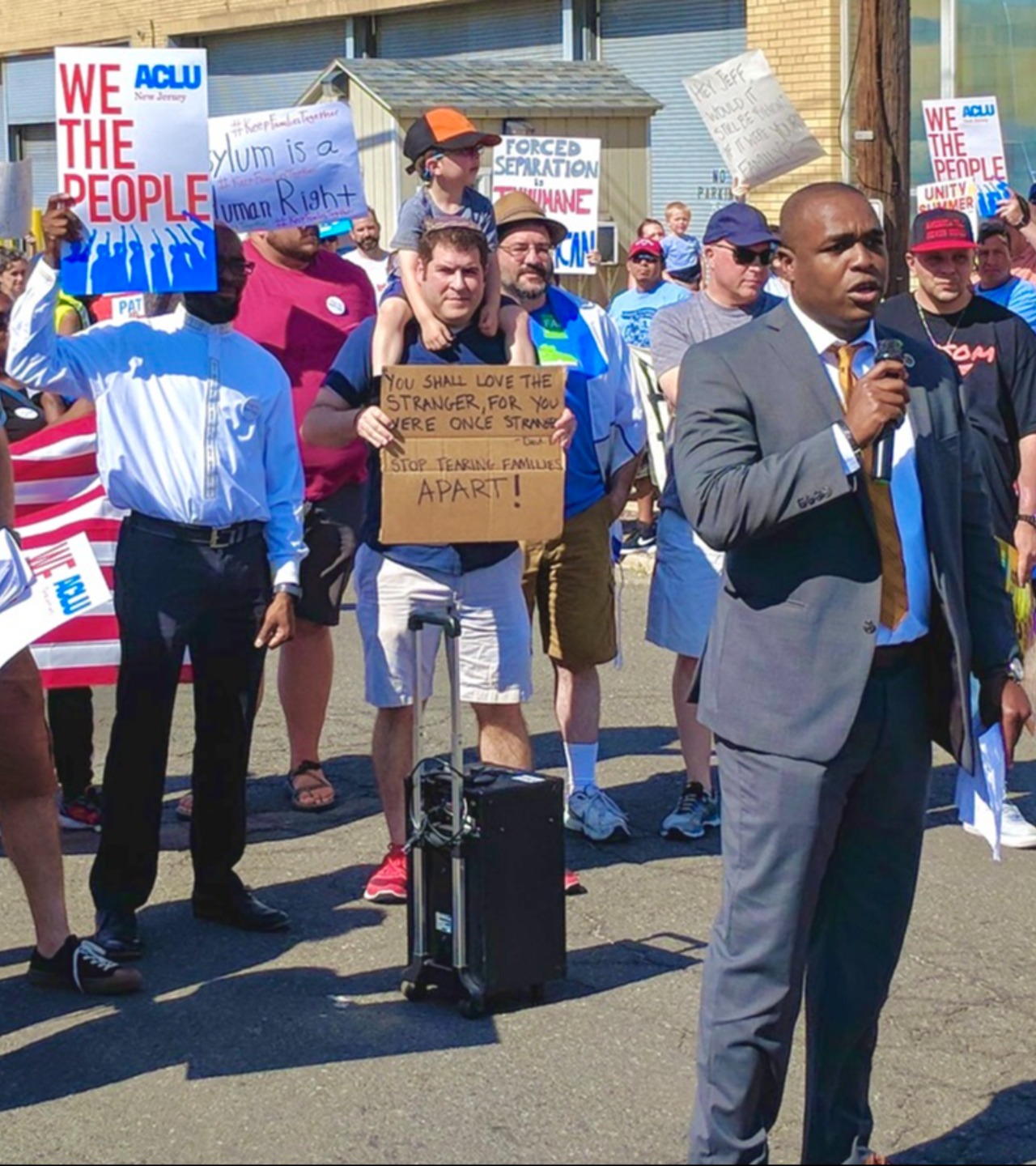
When we protect life and care for the soul, we begin to build the kind of community that can truly flourish, a community rooted in compassion, justice, and shared care. From this foundation, we can restore our sacred relationship with the earth. Archange teaches that the land, water, and air are not just resources but sacred elements of life that must be protected. For too long, we have neglected this responsibility. Our African ancestors understood that caring for the earth was a divine calling, part of daily life and spiritual practice. It is time to return to a holistic ministry, one that honors the body, restores the soul, strengthens community, and defends the earth God entrusted to us.